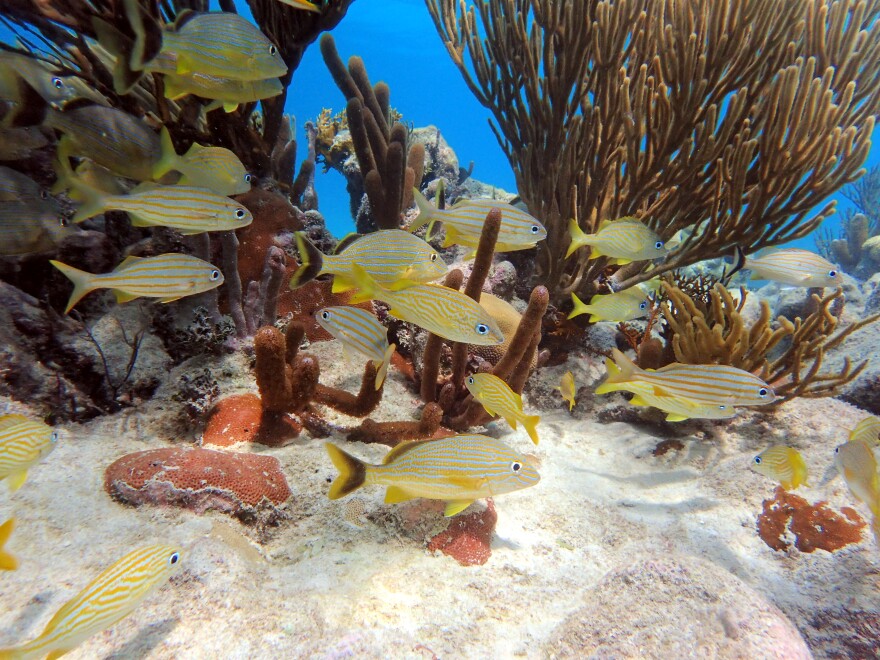Biodiversity.
It's one of those scientific terms we hear and think, "That's a good thing. We need it,” without truly knowing why it's a good thing.
A University of Michigan and Smithsonian study now helps us understand. The researchers found biodiversity is even more powerful and important than they thought it would be.
Study co-author Brad Cardinale, a University of Michigan ecologist, joined Stateside to talk about the power of biodiversity.

Listen to the full conversation with Stateside's Cynthia Canty above, or read highlights below.
On past studies of biodiversity
Cardinale defined biodiversity simply “as the variety of life."
“Since about 1990 there has been this hypothesis in the field of ecological sciences that the modern rates of species extinction, which are about 1000 times faster than normal, is going to affect the productivity of the ecosystems,” Cardinale said.
This hypothesis spawned hundreds of studies, but, while 90% of the studies supported the hypothesis, they were all on a small scale and skeptics doubted the results would hold up outside of small samples in the lab.
Cardinale’s study changed that by synthesizing data from 600,000 locations in the real world. Cardinale called it “the true test of whether biodiversity actually matters.”
On the results of this study
“We found that biodiversity matters, and it matters a whole lot more than we had expected,” Cardinale said.
"We found that biodiversity matters, and it matters a whole lot more than we had expected."
“We found that biodiversity is important for sustaining humanity. One of the key points of this study is that biodiversity seems to control the production of biomass in most of the world’s ecosystems.”
Cardinale said that biodiversity seems to be more impactful on biomass, or "living tissue," production than any other factor, including carbon dioxide, nutrients, and temperature.
Biodiversity not only contributes to the amount of natural resources we have available and the quality of our air, but it also seems to work as natural disaster prevention. Organic biodiversity can help protect against things like hurricane flooding and climate change. Cardinale called it an “insurance policy.”
“So, if biodiversity, and our loss of biodiversity, affects the production of biomass, it’s going to affect people’s ability to live,” Cardinale said.
On the planet's future
“We know biodiversity is important, but we don’t have enough time, we don’t have enough people, and we do not have enough money to save everything,” Cardinale said. “Some things are going to go extinct and the estimate is that within our lifetime, by the time I die, around 30% of everything on this planet will be extinct.”
Cardinale said his next job is going to be figuring out how to distribute the resources he does have to identify and save key species.
“We need to start protecting that biological infrastructure in the same way we protect our physical infrastructure,” he said.
(Subscribe to the Stateside podcast on iTunes, Google Play, or with this RSS link)





